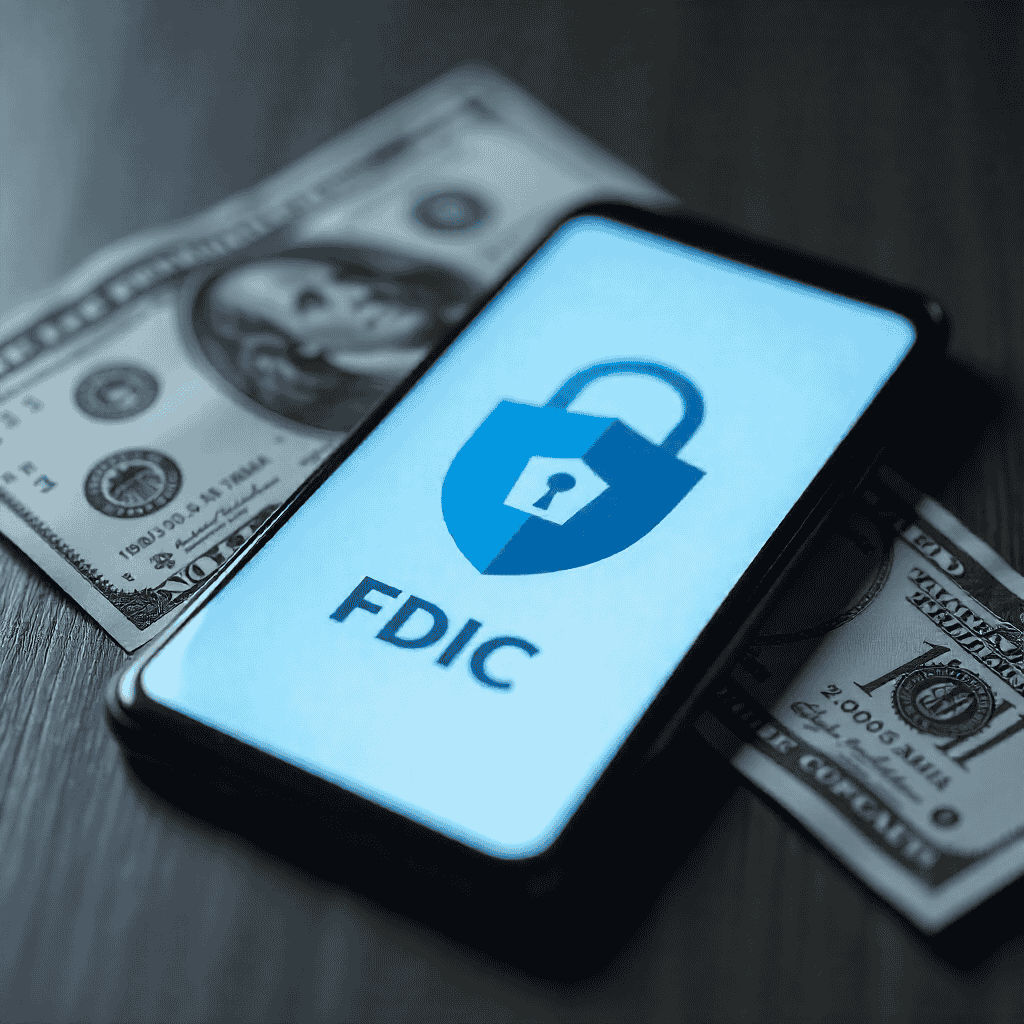
Introduction
A poor credit score can feel like a closed door, making it difficult to rent an apartment, secure a loan, or even get a cell phone contract. For many Americans, the path to rebuilding credit starts with a secured credit card — but that requires putting down a cash deposit, often $200–$500, which not everyone can afford.
Fortunately, there’s another option: best credit cards for rebuilding credit with no deposit. These cards work like traditional credit cards but don’t require you to lock away your cash as collateral. Instead, they give you a chance to rebuild your credit while keeping your savings available for emergencies.
In this in-depth guide, we’ll cover:
- How no-deposit credit cards work
- Key benefits and potential drawbacks
- The top cards available in 2025
- Step-by-step tips for using them to boost your credit score
- Government resources and protections for cardholders
By the end, you’ll have the tools you need to make an informed decision and start rebuilding your financial future — no deposit required.
1. What Are No-Deposit Credit Cards?
A no-deposit credit card is also known as an unsecured credit card for bad or limited credit. Unlike secured cards, which require a refundable deposit to open the account, unsecured cards extend you a line of credit without collateral.
How They Work
- Application Review – Lenders check your credit history, income, and sometimes your banking activity.
- Lower Starting Limits – Typically $300–$1,000 to reduce issuer risk.
- Higher APR – Rates are often higher than average to compensate for increased risk.
- Credit Reporting – All reputable issuers report monthly to Experian, Equifax, and TransUnion — the three major credit bureaus recognized by the Federal Trade Commission (FTC).
Tip: You can learn more about how credit reports work by visiting USA.gov – Credit Reports and Scores.
2. Why Choose a No-Deposit Credit Card?
No Upfront Cash Requirement
For someone on a tight budget, not having to set aside $200–$500 for a deposit means you can keep that money for rent, bills, or emergencies.
Faster Access
Approval can happen within minutes, and cards typically arrive within 7–10 business days.
Credit Building Potential
As long as you pay your bill on time and keep your balance low, your credit score can start improving in as little as three months.
Convenience
Works just like any other credit card for shopping online, booking travel, or paying recurring bills.
The Consumer Financial Protection Bureau (CFPB) offers a free guide to comparing cards and understanding terms before applying.
3. Factors to Consider Before Applying
Not all no-deposit cards are created equal. Before you hit “Apply,” compare these features:
- Annual Fee – Some charge $0, others $75 or more.
- Interest Rates (APR) – Expect 24%–30%+; avoid cards with daily compounding if possible.
- Credit Bureau Reporting – Must report to all three bureaus for effective score building.
- Rewards – Cash-back programs are rare but available on some cards.
- Hidden Fees – Watch for monthly maintenance or processing fees.
The FTC – Choosing a Credit Card page outlines red flags to watch for, such as unnecessary add-on products and inflated fees.
4. Best Credit Cards for Rebuilding Credit No Deposit
After researching dozens of offers, here are the top U.S. options this year:
1. Capital One Platinum Credit Card
- Annual Fee: $0
- APR: 29.99% variable
- Highlights: No annual fee, possible credit limit increase after 6 months of on-time payments.
- Why It’s Great: Simple, no-frills card ideal for focused credit rebuilding.
2. Mission Lane Visa® Credit Card
- Annual Fee: $0–$59
- APR: 26.99%–29.99% variable
- Highlights: Pre-qualification available without a hard credit pull.
- Why It’s Great: Lets you check your odds before applying, minimizing credit inquiries.
3. Petal® 1 “No Annual Fee” Visa
- Annual Fee: $0
- APR: 24.74%–34.74% variable
- Highlights: Rewards program even for limited credit history; uses banking data to assess eligibility.
- Why It’s Great: Good for applicants with little credit history but steady income.
4. Credit One Bank® Platinum Visa
- Annual Fee: $39–$99
- APR: 29.99% variable
- Highlights: 1% cash back on eligible purchases.
- Why It’s Great: Earn rewards while building your credit profile.
5. Avant Credit Card
- Annual Fee: $39
- APR: 29.99% variable
- Highlights: No security deposit, straightforward terms.
- Why It’s Great: Transparent fee structure; reports to all bureaus monthly.
5. How to Rebuild Credit Using No-Deposit Cards
Rebuilding credit requires discipline. Here’s a step-by-step plan:
Step 1 – Make Payments on Time
Payment history makes up 35% of your FICO score. Even one late payment can lower your score by 60–100 points. See CFPB – Paying Your Bills on Time for tips.
Step 2 – Keep Balances Low
Aim for less than 30% utilization. On a $300 limit, keep balances under $90.
Step 3 – Avoid Multiple New Accounts
Each application triggers a hard inquiry, which can temporarily lower your score.
Step 4 – Monitor Your Credit
Get your free report annually at AnnualCreditReport.com — the only federally authorized source.
6. Government Resources for Credit Recovery
Several U.S. government agencies offer free, trustworthy tools:
- USA.gov – Credit Reports – Learn how to request and dispute reports.
- CFPB – Credit Building Basics – Guides for improving credit scores.
- FTC – Avoiding Credit Repair Scams – Protect yourself from fraudulent “credit fix” services.
- FDIC – Money Smart Program – Free financial education courses.
7. Alternatives to No-Deposit Credit Cards
If you don’t qualify for a no-deposit card, consider:
- Secured Credit Cards – Requires deposit but offers easier approval.
- Credit Builder Loans – Offered by community banks and credit unions; reported to bureaus.
- Authorized User Status – Piggyback on a trusted person’s account for shared credit benefits.
Learn more about credit union loans from the National Credit Union Administration (NCUA).
8. Common Pitfalls to Avoid
- Carrying High Balances – Raises utilization ratio.
- Paying Only Minimums – Leads to long-term debt.
- Missing Payments – Severe score damage.
- Closing Old Accounts – Can shorten credit history length.
9. Final Thoughts
The best credit cards for rebuilding credit no deposit give you the ability to recover financially without tying up your cash in a deposit. By comparing fees, APRs, and features — and by following credit-smart habits — you can steadily improve your score.
Pair your efforts with the free government resources linked above, and you’ll be on your way to regaining financial stability and unlocking better credit opportunities.
10. FAQs
Q1: Can I get a no-deposit card with bad credit?
Yes. Some cards specialize in approvals for scores as low as 500, though terms may be stricter.
Q2: Will my interest rate drop as my credit improves?
Possibly. Some issuers offer upgrades after 6–12 months of responsible use.
Q3: Do all no-deposit cards report to credit bureaus?
Most reputable issuers do — confirm before applying.
Q4: Is it better to start with a secured card?
If you have the deposit, secured cards can offer lower fees and interest rates.
READ MORE:
- Step-by-Step Guide: How to Build Credit with a Secured Credit Card in the USA
- What You Should Know About the Daily Withdrawal Limit on Netspend Cards
- Stay Safe Online:Essential Internet Safety Tips Every American Should Know.





























2 comments on “Best Credit Cards for Rebuilding Credit No Deposit Expert Guide”